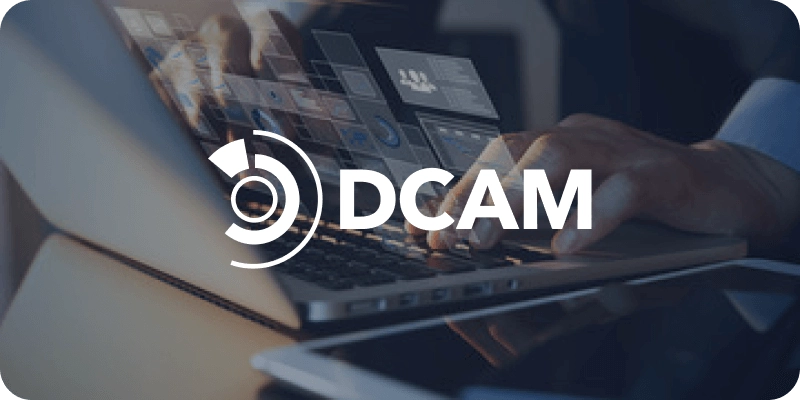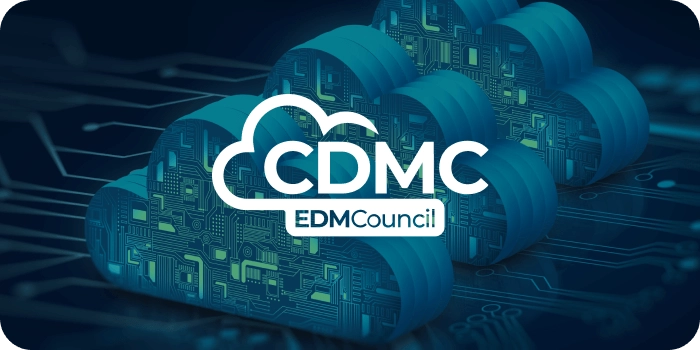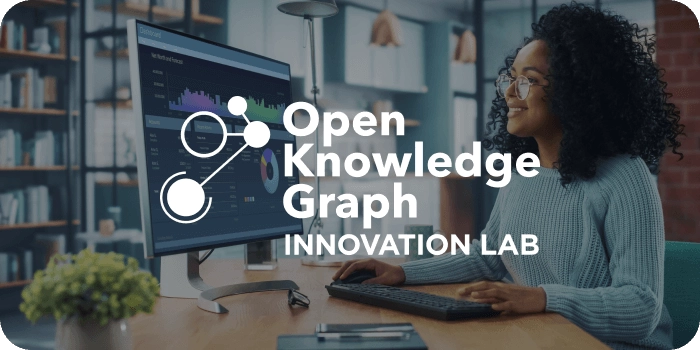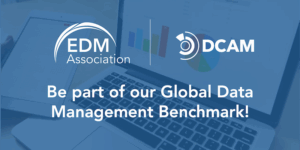Hyperautomation is more than just a trendy buzzword. A well-executed hyperautomation strategy has a powerful role to play in creating better, more efficient process automation. Ultimately, this helps you accelerate digital transformation and gain the agility, speed, and data integrity you need for success.
Join this session to discover:
- The importance of hyperautomation for rapidly expanding automation across your organization
- How different types of AI will be incorporated into automation solutions in the future
- Why AI can drive efficiencies across your automation solutions
- Why an automation platform is critical to your automation strategy
- The kind of results you could realize from automation today and how AI can improve these processes further



